Buying a running and operating small service business with existing customers is not as straightforward as buying a company that sells widgets. Understanding the customer base requires analyzing demographics, satisfaction levels, contractual obligations, and marketing strategies. Within each of these areas you may find untapped potential or hidden landmines. Additionally, ensuring a smooth transition involves addressing potential customer concerns, retaining loyalty, and integrating their needs into your vision for the business’s future.
The following focus areas, while far from comprehensive, will help to build your due diligence checklist to help you determine your future ROI.
Financial Analysis:
- Financial statements: Review past 3-5 years of income statements, balance sheets, and cash flow statements.
- Profitability: Analyze revenue, expenses, and net profit margins.
- Debt and liabilities: Understand the existing debt and any outstanding obligations.
- Tax returns: Review tax filings to identify potential tax implications of the purchase.
Customer Base:
- Customer demographics: Analyze customer base size, demographics, and buying patterns.
- Customer satisfaction: Conduct surveys or interviews to gauge customer satisfaction and retention rates.
- Customer contracts: Review at least a sample of old and new customer contracts and identify potential termination clauses or renewal options.
- Marketing and sales strategy: Understand the current marketing and sales strategies and their effectiveness.
Operational Considerations:
- Inventory: Assess the value and condition of existing inventory (if any).
- Equipment and facilities: Evaluate the condition and functionality of equipment and facilities.
- Employees: Understand the existing workforce, how they are paid (W2 vs 1099), their skillsets, and potential retention after acquisition.
- Leases and permits: Review lease agreements and ensure all necessary permits are in place.
Legal and Regulatory:
- Intellectual property: Identify any patents, trademarks, or copyrights owned by the business.
- Contracts and agreements: Review all contracts with suppliers, vendors, and employees.
- Environmental compliance: Ensure the business complies with all environmental regulations, and makes written representations that they always have.
- Licenses and permits: Verify all necessary licenses and permits are valid and transferable.
Additional Points:
- Market research: Analyze the overall market trends and potential competition.
- Business valuation: Obtain an independent valuation of the business from a CPA trained in measuring service business value.
- Professional guidance: Consider retaining professional legal counsel to quarterback the due diligence review to give you objective distances and avoid confirmation bias.
- Exit strategy: Consider your long-term goals and potential exit strategies from the business.

